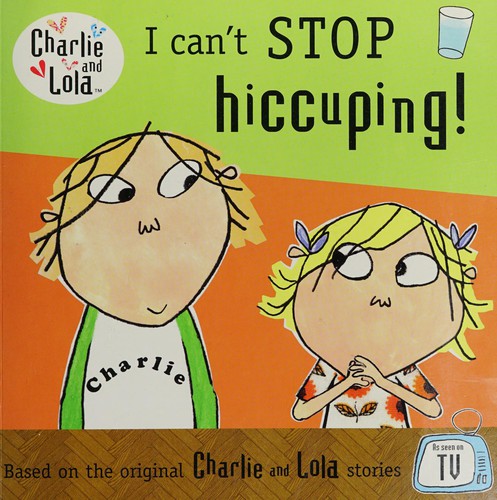nerd teacher [books] reviewed The BBC by Tom Mills
Though Obvious to Me, Still Interesting.
3 stars
A lot of what is written here should be obvious, though I think it isn't because so many people have put the BBC up on this pedestal of journalistic integrity that it's just never truly had (nor can I think of any journalistic enterprise that would deserve such a pedestal).
Much of what makes this interesting are the varying pieces of historical documentation that provide examples of the ways in which the BBC has shifted towards a specific goal and how the British state has ensured that direction. Though the book also highlights counter-examples of the BBC doing decent work or supporting certain causes, it also makes it clear that this institution will subsume certain ideas and help to redirect them elsewhere.
Definitely a good introduction into the relationship between the state and media, at the very least.
A lot of what is written here should be obvious, though I think it isn't because so many people have put the BBC up on this pedestal of journalistic integrity that it's just never truly had (nor can I think of any journalistic enterprise that would deserve such a pedestal).
Much of what makes this interesting are the varying pieces of historical documentation that provide examples of the ways in which the BBC has shifted towards a specific goal and how the British state has ensured that direction. Though the book also highlights counter-examples of the BBC doing decent work or supporting certain causes, it also makes it clear that this institution will subsume certain ideas and help to redirect them elsewhere.
Definitely a good introduction into the relationship between the state and media, at the very least.



















